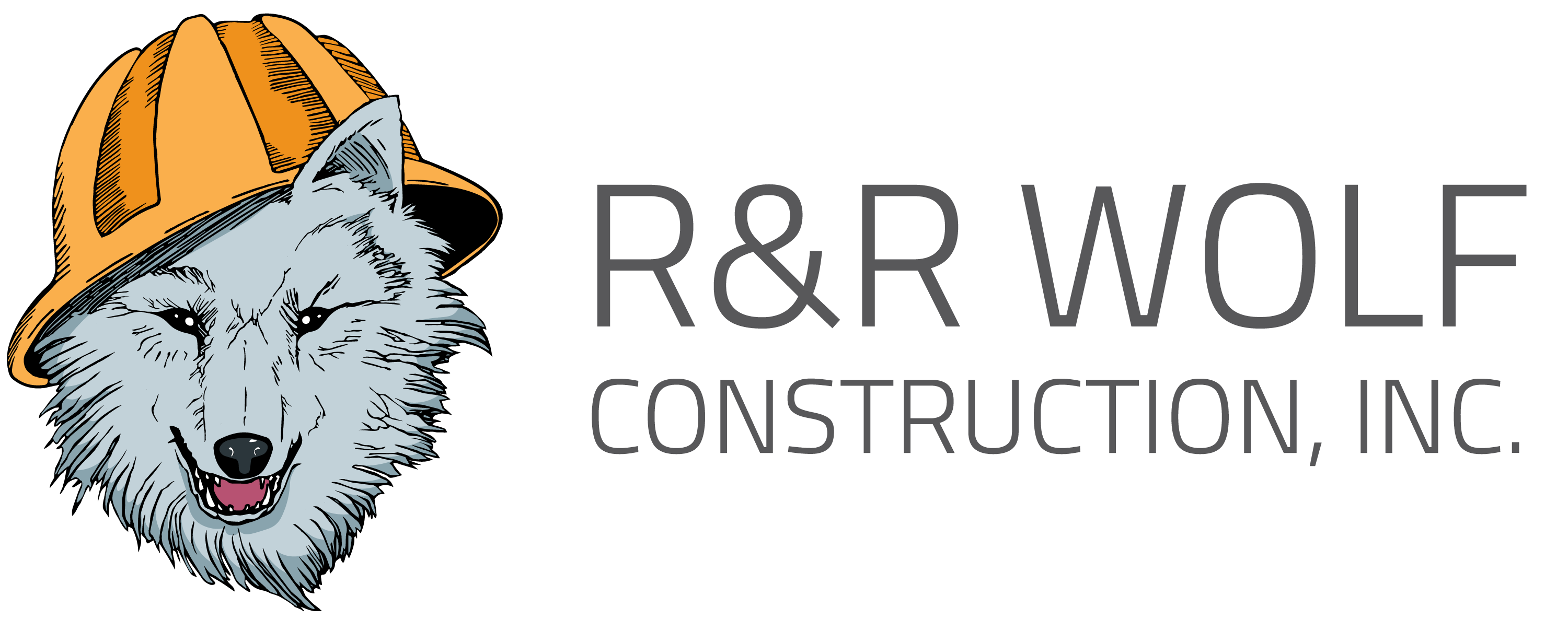Navigating the legal and regulatory landscape in the construction industry is crucial for the success and sustainability of any project. At R&R Wolf Construction, we prioritize compliance and legal due diligence to ensure that every project adheres to the highest standards. In this blog, we’ll explore the key legal and regulatory aspects that construction companies must understand and comply with to avoid potential pitfalls and ensure project success.
1. Building Codes and Standards
Building codes are the foundation of safe construction practices, establishing the minimum standards for construction quality, safety, and health. These codes vary by state, city, and local municipalities. At R&R Wolf Construction, we stay updated with the latest building codes to ensure that all projects meet the required standards.
Key Points:
-
- Regularly update our knowledge on local, state, and national building codes.
- Ensure our team members are trained and familiar with relevant codes.
- Conduct thorough inspections to ensure compliance throughout the project lifecycle.
2. Zoning Laws
Zoning laws dictate how land can be used in different areas, affecting where residential, commercial, industrial, and agricultural buildings can be constructed. Understanding zoning laws is critical to avoid legal issues and project delays.
Key Points:
-
- Check zoning laws early in the project planning phase.
- Obtain necessary permits and approvals before commencing construction.
- Engage with local authorities to ensure compliance and address any concerns.
3. Environmental Regulations
Environmental regulations aim to protect natural resources and reduce the impact of construction activities on the environment. Compliance with these regulations is essential for sustainable construction practices.
Key Points:
-
- Conduct environmental impact assessments before starting a project.
- Implement best practices for waste management and pollution control.
- Stay informed about regulations related to air quality, water usage, and soil conservation.
4. Occupational Safety and Health Administration (OSHA) Standards
Worker safety is a top priority in the construction industry. OSHA standards are designed to protect workers from job-related injuries and illnesses. Compliance with these standards is both a legal requirement and a moral obligation.
Key Points:
-
- Provide regular safety training and ensure workers are equipped with necessary safety gear.
- Conduct safety audits and inspections to identify and mitigate potential hazards.
- Establish a culture of safety where workers feel empowered to report unsafe conditions.
5. Contract Law
Contracts are the backbone of construction projects, outlining the rights and responsibilities of all parties involved. Understanding contract law helps prevent disputes and ensures that all parties fulfill their obligations.
Key Points:
-
- Draft clear and comprehensive contracts that detail scope, timelines, and payment terms.
- Review contracts carefully to identify and address any potential issues.
- Seek legal counsel to ensure contracts are enforceable and protect the parties’ interests.
6. Insurance Requirements
Insurance provides financial protection against unforeseen events that can impact construction projects. Different types of insurance, such as general liability, workers’ compensation, and builder’s risk insurance, are essential to mitigate risks.
Key Points:
-
- Assess the specific insurance needs for each project.
- Ensure all contractors and subcontractors have appropriate insurance coverage.
- Regularly review and update insurance policies to reflect current project conditions.
7. Licensing and Permits
Proper licensing and permits are required to legally undertake construction projects. These requirements vary depending on the location and type of project.
Key Points:
-
- Verify that all necessary licenses are current and valid.
- Obtain all required permits before starting construction.
- Keep detailed records of all licensing and permit documentation.
Understanding and complying with the legal and regulatory aspects of construction is essential for the success of any project. At R&R Wolf Construction, we are committed to upholding these standards to deliver safe, high-quality, and compliant projects. By staying informed and proactive, we ensure that clients can trust us to handle all legal and regulatory challenges effectively.
For more information about R&R Wolf Construction services and how we ensure compliance in our projects, contact us today to learn more about our commitment to excellence and how we can help make your construction project a success.

